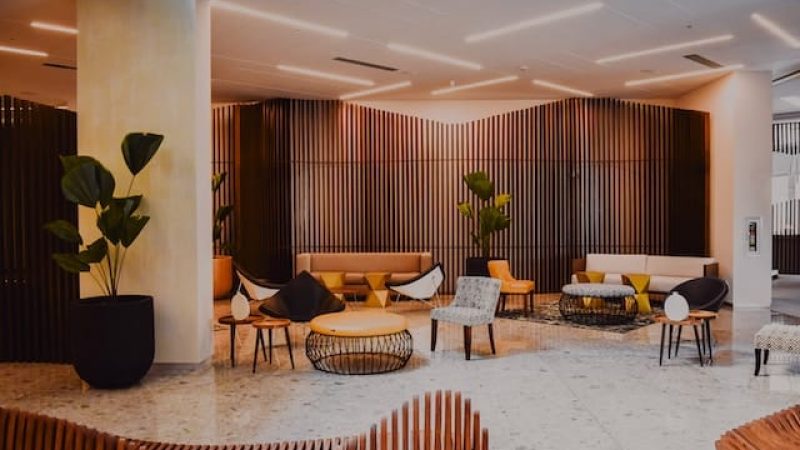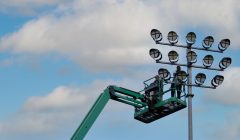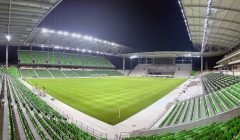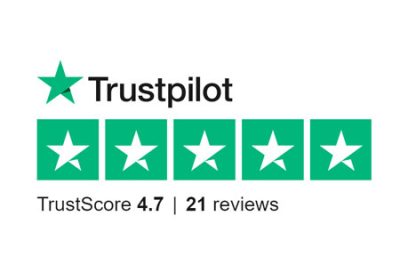In the hospitality industry, creating a warm and inviting environment for guests is of utmost importance. Lighting plays a pivotal role in achieving this atmosphere. LED lighting, specifically, has become a game-changer, revolutionizing energy efficiency and enhancing the overall aesthetic appeal. By implementing LED lighting, hotels will not only improve their environmental footprint but also increase guest satisfaction.
Table of Contents
ToggleBenefits of LED Lighting in Hospitality
LED lighting offers a plethora of advantages for the hospitality industry. One of its most notable benefits is energy efficiency since LED lights consume up to 80% less energy than traditional incandescent or fluorescent bulbs. This directly results in significant cost savings. Additionally, LED bulbs have a longer lifespan; some can even last up to 25,000 hours or more. As a result, this reduces the frequency and cost of replacements needed for maintenance purposes.
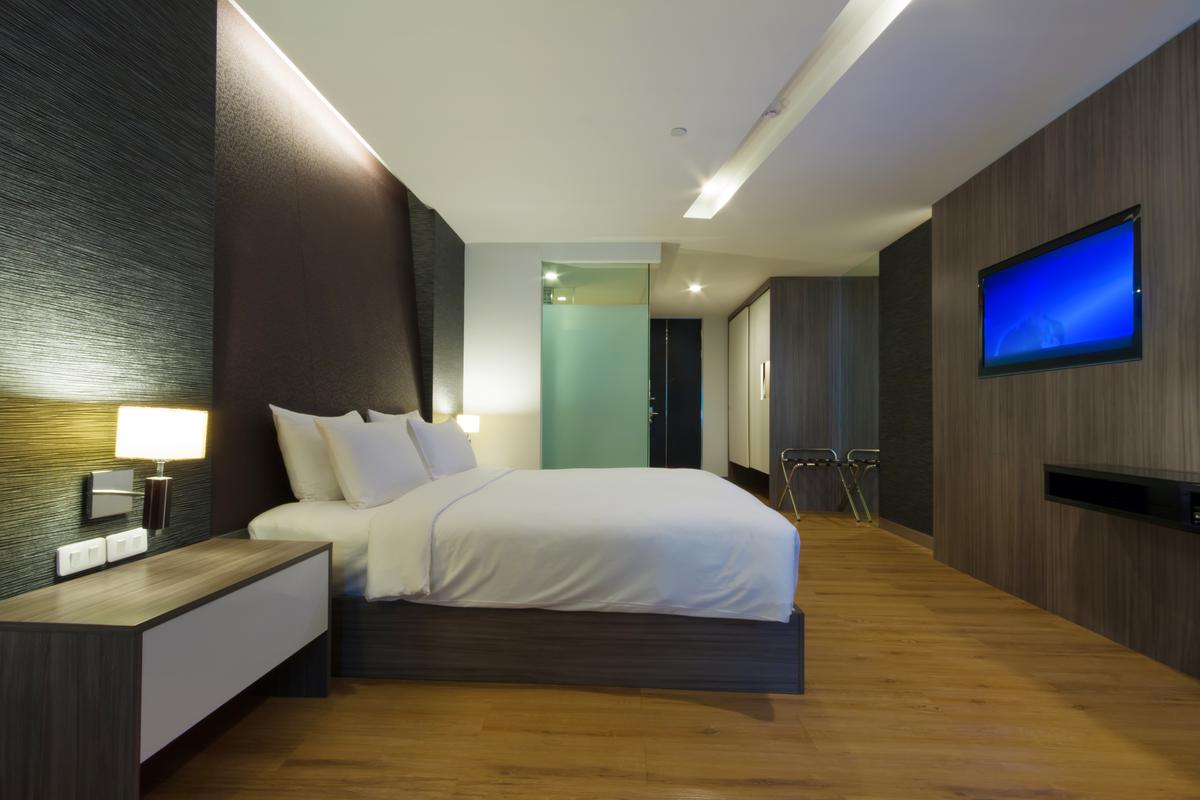
Additionally, LED lighting is a sustainable choice that supports environmental efforts. Its energy efficiency and long lifespan result in lower waste production and reduced carbon emissions, which aligns with the increasing focus on environmental sustainability within the hospitality industry.
- The Subtle Power of LED Lighting
Today, travelers are no longer satisfied with just a place to rest their heads. They crave an immersive experience that goes beyond the ordinary. And that’s where LED lighting comes in. With its ability to offer a wide variety of colors, temperatures, and brightness levels, LED lighting can be easily adjusted to create the perfect mood and ambiance for any occasion. Whether it’s a cozy and intimate setting or a vibrant and energetic atmosphere you’re after, LED lighting has got you covered.
LED is a crucial element in creating memorable guest experiences, whether it’s the comforting radiance in a hotel lobby or the dynamic colors that bring a nightclub to life. By using techniques like spotlighting, LED lights can draw attention to artwork and architectural details, elevating any space with elegance and fascination.
- Design and Ambiance
LED lighting offers unparalleled flexibility in design. Its compact size and versatility make it ideal for creative lighting solutions that enhance architectural features, create focal points, and set the desired ambiance.
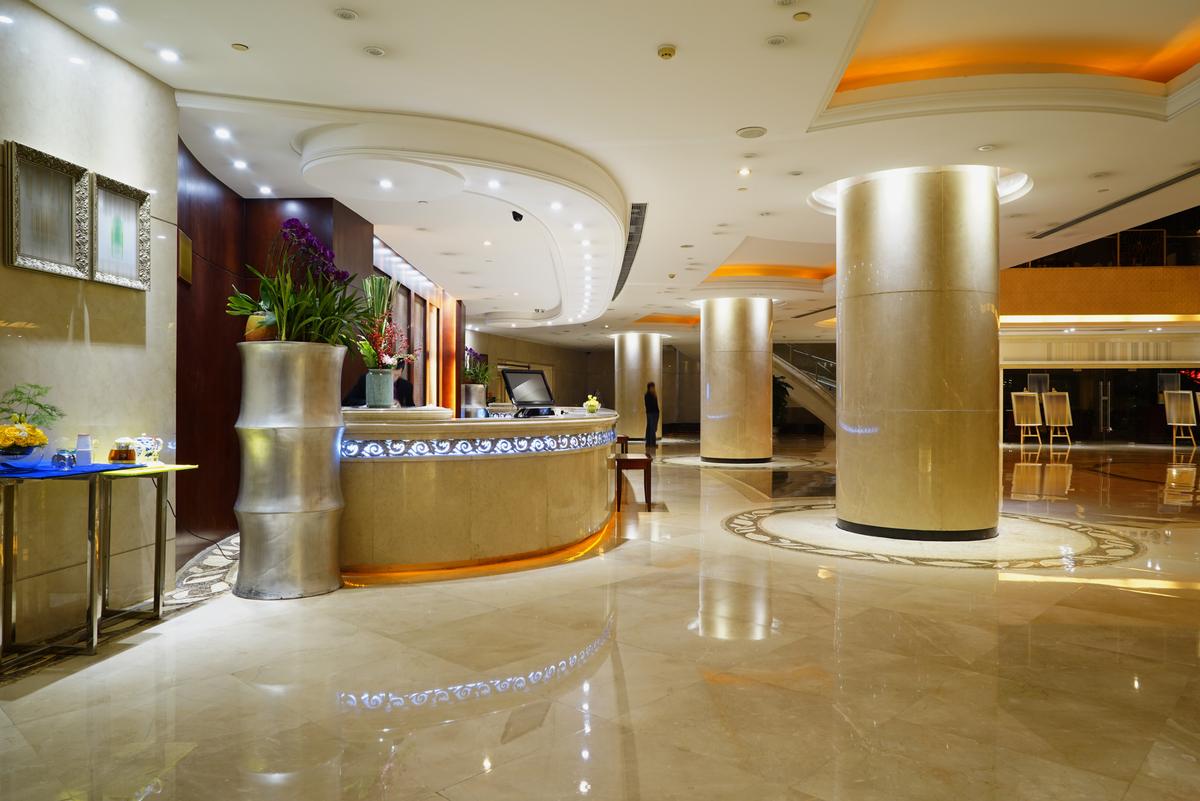
For example, LED strip lighting can be used to highlight the contours of a bar or reception desk, while color-changing LEDs can create dynamic focal points that captivate guests. The possibilities are limited only by imagination, allowing hotels and restaurants to create unique, memorable spaces.
Read also: How Commercial LED Lighting Transforms Retail Spaces
- Customization and Flexibility
LED lighting stands out for its versatility. With many systems offering easy customization options, establishments can effortlessly adjust their lighting schemes to cater to different events, seasons, or times of the day. This adaptability is particularly valuable in multi-purpose spaces that host a range of activities. Whether it’s transforming a conference room into a romantic wedding venue or adapting a restaurant terrace from daytime to nighttime ambiance, flexible LED lighting solutions make it all possible.
- Energy Efficiency and Sustainability
LED lighting is widely recognized for its energy-saving abilities. By using less electricity, LED lights not only lower energy costs but also contribute to the reduction of carbon emissions. This is especially important in meeting global sustainability goals and adhering to strict energy-efficiency regulations imposed by many countries. Therefore, LED lighting can greatly assist hospitality establishments in effortlessly complying with these requirements.
- Cost Savings and Return on Investment
Although LED lighting may have a higher upfront cost compared to traditional options, it offers significant long-term financial advantages. By consuming less energy, LED bulbs result in lower utility bills, and their durability reduces maintenance expenses. Some studies indicate that the return on investment (ROI) can be achieved within just two years, making LED lighting a financially prudent choice for hospitality businesses.
Key Takeaway: LED lighting is transforming the hospitality industry by offering energy efficiency, enhancing guest experiences, and providing cost savings, all while aligning with sustainability goals.
- Safety and Security
In the hospitality industry, nothing is more important than ensuring the safety and security of both guests and staff. That’s where LED lighting comes into play. This innovative technology has a significant impact on enhancing these crucial aspects. By providing brighter and more consistent lighting, it improves visibility and eliminates shadowy areas that could pose risks. For instance, well-lit parking lots and pathways have proven to deter potential intruders while simultaneously making guests feel much safer as they navigate through the property.
In addition, LED lighting can be combined with other security measures for enhanced safety. By using motion-activated LED lights in less busy areas, illumination is only triggered when movement is detected. This energy-efficient solution not only saves power but also has the potential to startle and discourage potential intruders. Furthermore, advanced LED systems can be seamlessly integrated with security cameras and alarms, creating a comprehensive safety ecosystem.
LED lights have another advantage in emergency situations. Unlike some other types of lighting, they turn on instantly to full brightness without any warm-up time. In the event of a power outage, this immediate illumination can be invaluable, helping with evacuation or other necessary actions.
LED lighting provides an added sense of comfort and peace of mind for guests by improving safety and security measures. This creates a valuable trust and loyalty-building experience.
Industry Trends and Innovation
The LED lighting industry is continuously evolving as technology advances. There is a growing trend in smart lighting systems that can be controlled through smartphone apps or integrated with room management systems. Another emerging trend is dynamic lighting control, which adjusts lighting based on natural daylight levels or occupancy. These innovations not only enhance the guest experience but also contribute to energy savings.
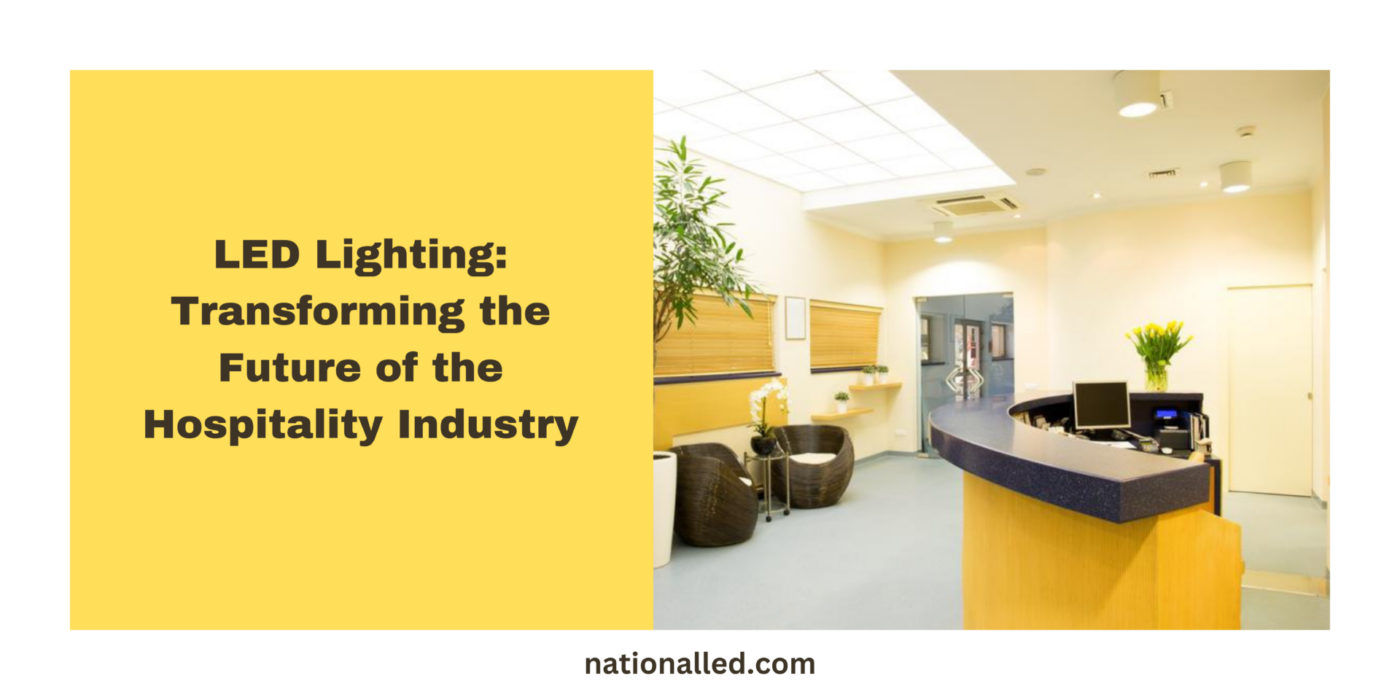
Conclusion
LED lighting is not just a technological advancement; it has the power to transform the hospitality industry in multiple ways. Its impact extends beyond energy consumption and operational efficiency, reaching guest experience and design aesthetics as well. As the industry progresses, LED lighting will undoubtedly play a more important role. It’s not solely about providing illumination; it’s about creating unforgettable experiences, promoting sustainability, and paving the way for a brighter and more efficient future in hospitality.
